Indigenous Governance Database
law enforcement

Navajo Methamphetamine Task Force
Taking a proactive stance on policy issues, options, and recommendations in the areas of prevention, treatment, and/or enforcement, the Methamphetamine Task Forces actively combat a tidal wave of destruction within their communities. Drawing upon education, community involvement, cultural…
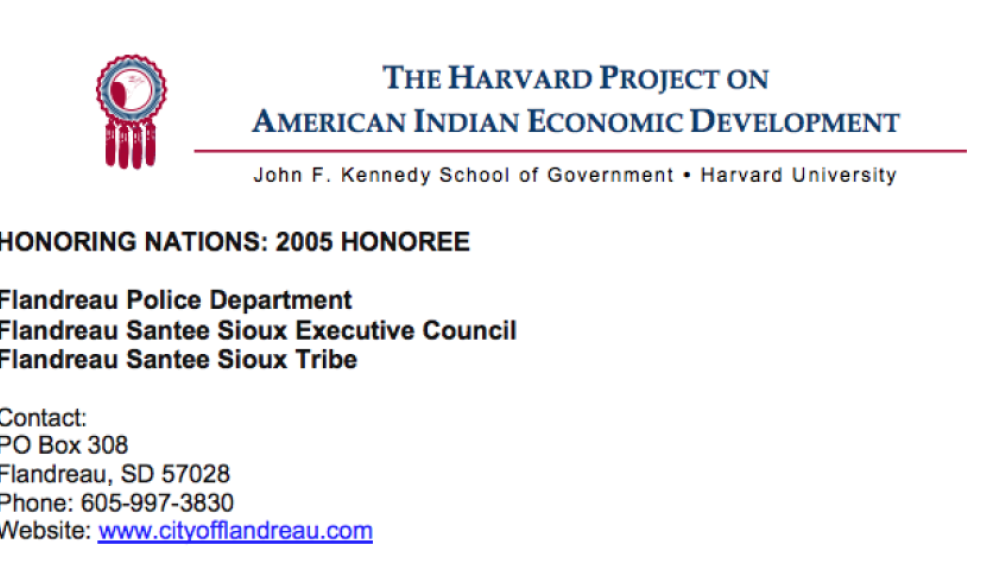
Flandreau Police Department
The Flandreau Santee Sioux Tribe’s lands are situated within Moody County and the City of Flandreau, South Dakota. This location presents the Nation with a particular challenge: How do you provide adequate and culturally sensitive public safety and law enforcement for your citizens in mixed…
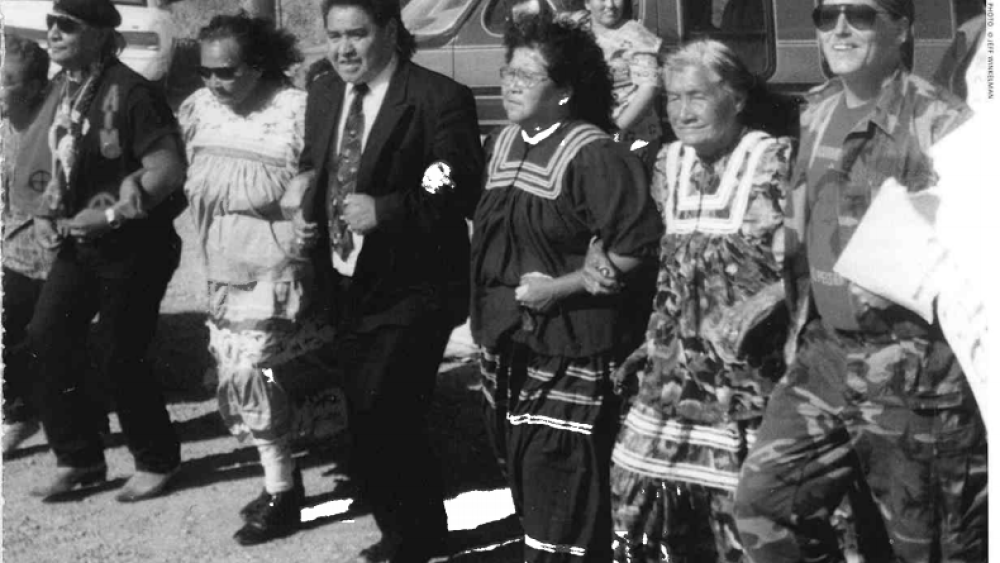
Navajo Treatment Center for Children and Their Family
Responding to high rates of child abuse and neglect, the Navajo Child Special Advocacy Project was launched in 1990 to provide Western and Navajo therapy to victims of sexual abuse between the ages of 3 and 17. With five offices on the Reservation, the project administers Navajo diagnosis,…
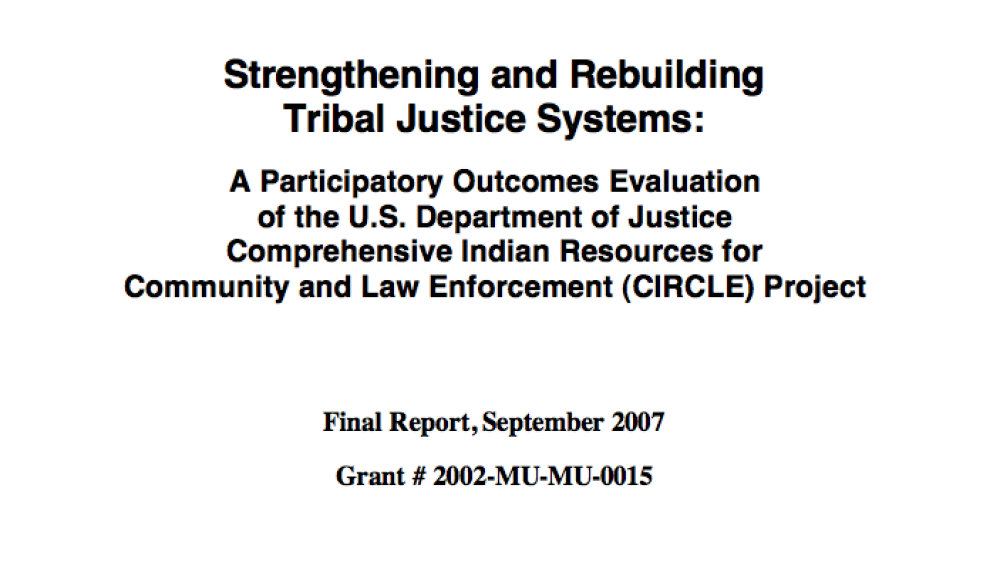
Strengthening and Rebuilding Tribal Justice Systems
Assesses the U.S Department of Justice's Comprehensive Indian Resources for Community and Law Enforcement (CIRCLE) Project, which aimed to help participating tribes implement strategies for making the individual components of their justice systems work better in addressing crime and related social…
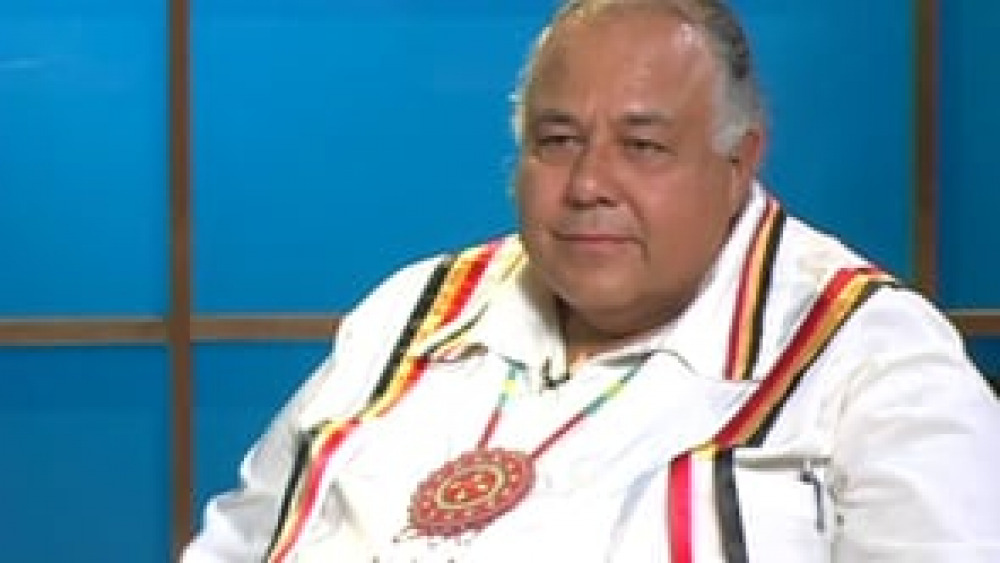
NNI Indigenous Leadership Fellow: Frank Ettawageshik (Part 2)
Frank Ettawageshik, former chairman of the Little Traverse Bay Bands of Odawa Indians (LTBBO), discusses the critical role that intergovernmental relationship building plays in the practical exercise of sovereignty and the rebuilding of Native nations. He shares several compelling examples of…
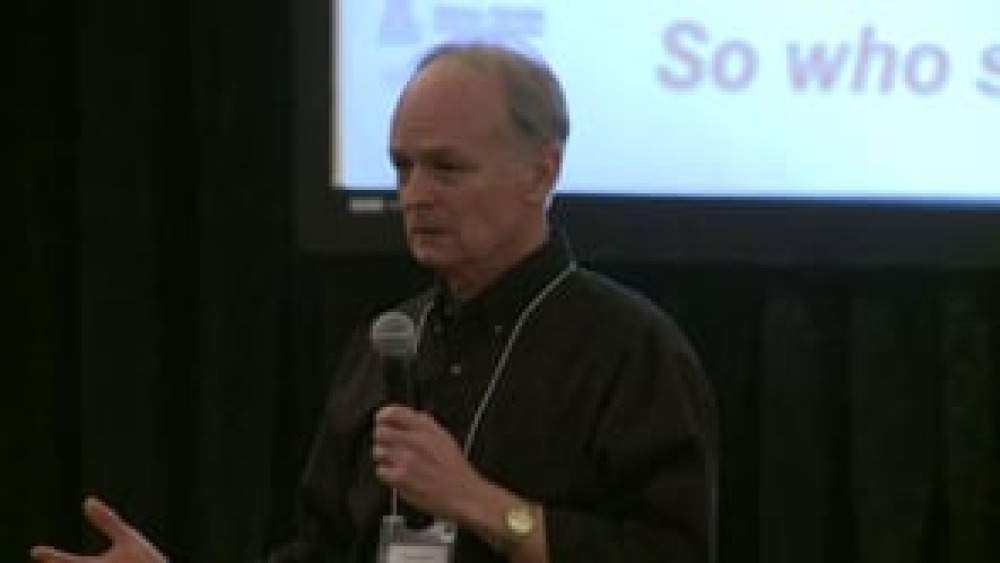
Stephen Cornell: The Task of Reclaiming Self-Governance (Presentation Highlight)
In this highlight from the presentation "Key Things a Constitution Should Address: 'Who Has Responsibility for What?'," NNI's Stephen Cornell provides an overview of the fundamental questions that Native nations must ask themselves as they reclaim control over and then redesign their governance…
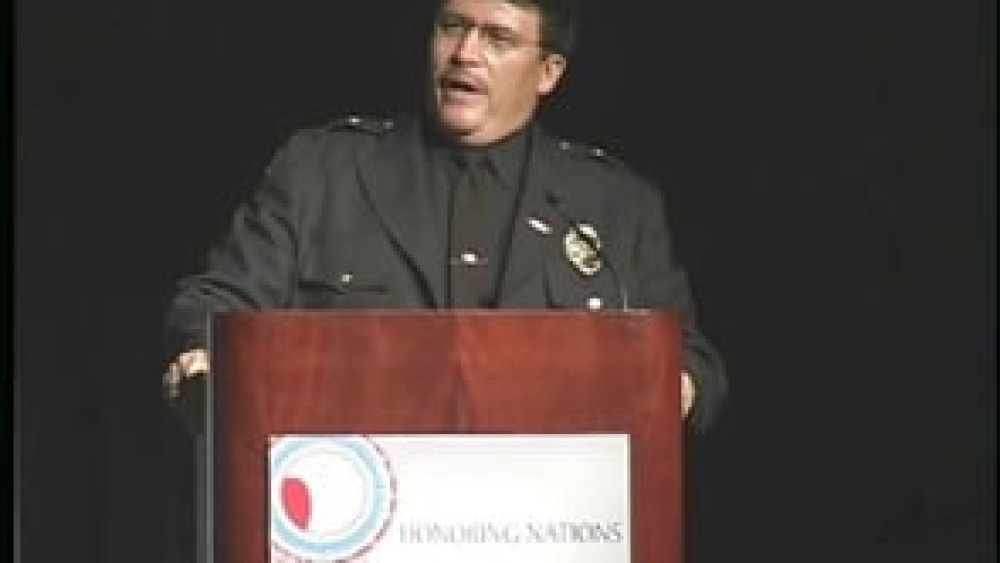
Honoring Nations: Ken James: The Flandreau Police Department (2005)
Former Flandreau Police Chief Ken James present an overview of the Flandreau Police Department to the Honoring Nations Board of Governors in conjunction with the 2005 Honoring Nations Awards.
Honoring Nations: Ken James: The Flandreau Police Department (2007)
Former Flandreau (South Dakota) Police Chief Ken James discusses how the Flandreau Police Department works to provide culturally sensitive law enforcement to all of the citizens it serves.
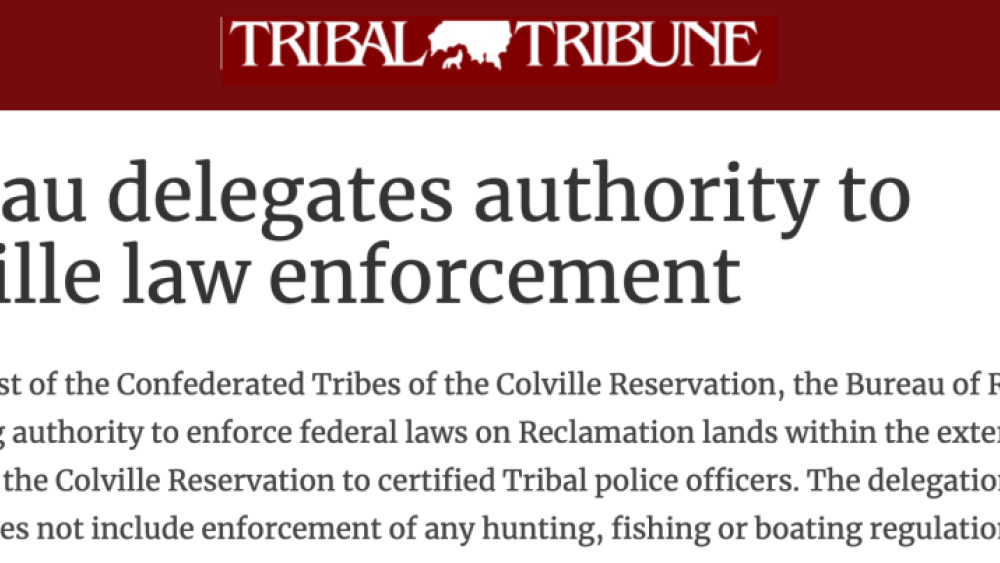
Bureau delegates authority to Colville law enforcement
At the request of the Confederated Tribes of the Colville Reservation, the Bureau of Reclamation is delegating authority to enforce federal laws on Reclamation lands within the exterior boundary of the Colville Reservation to certified Tribal police officers. The delegation of authority does not…
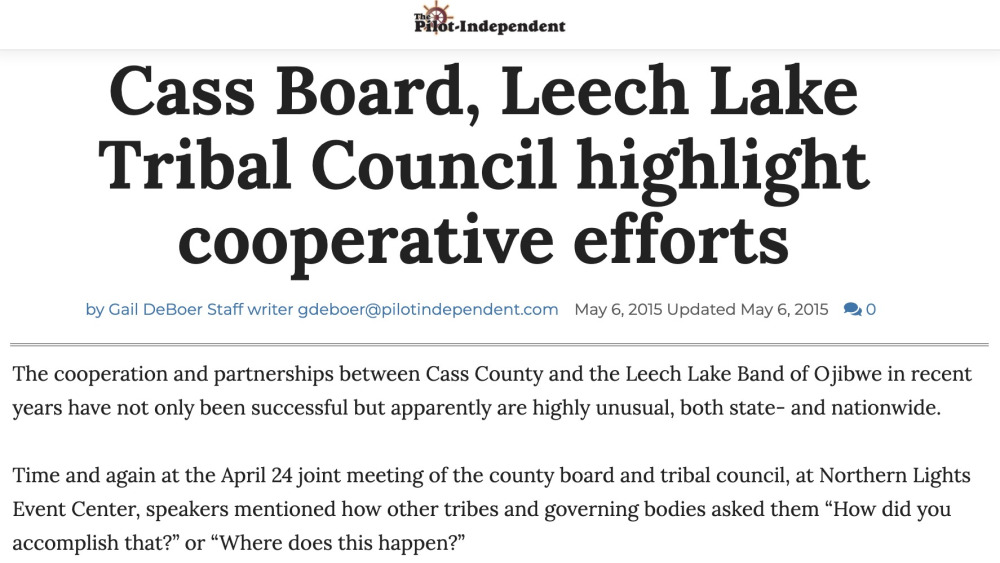
Cass Board, Leech Lake Tribal Council highlight cooperative efforts
The cooperation and partnerships between Cass County and the Leech Lake Band of Ojibwe in recent years have not only been successful but apparently are highly unusual, both state- and nationwide. Time and again at the April 24 joint meeting of the county board and tribal council, at Northern Lights…
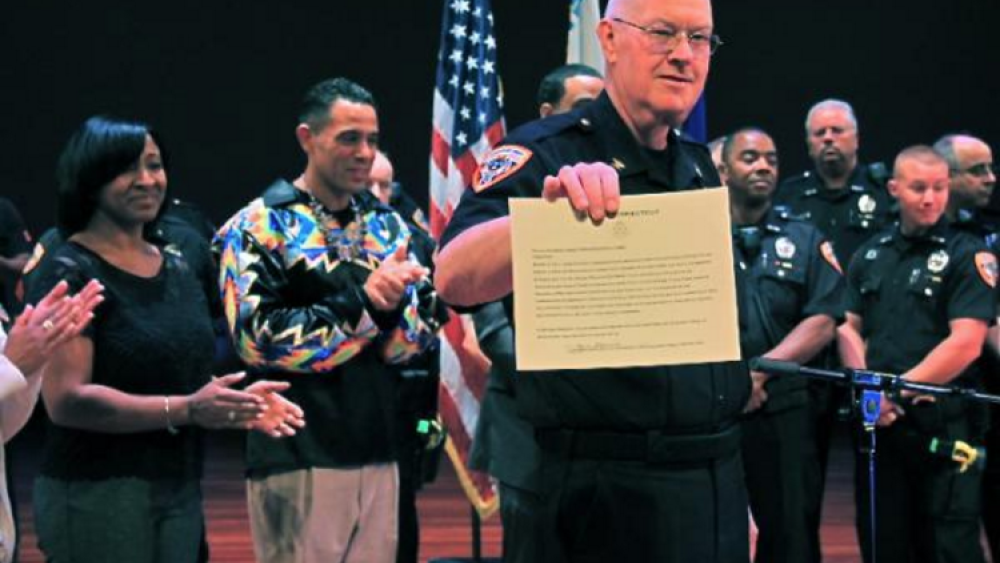
Police Protection in CT Increases: Tribes Can Now Arrest Non-Natives
On Friday, August 1, 27 members of the Mashantucket Pequot Tribal Police received the power to arrest non-Natives on tribal land. “Up until now they could only hold and detain non-tribal members until the state police could come and make the arrest,” William Satti, director of public affairs for…
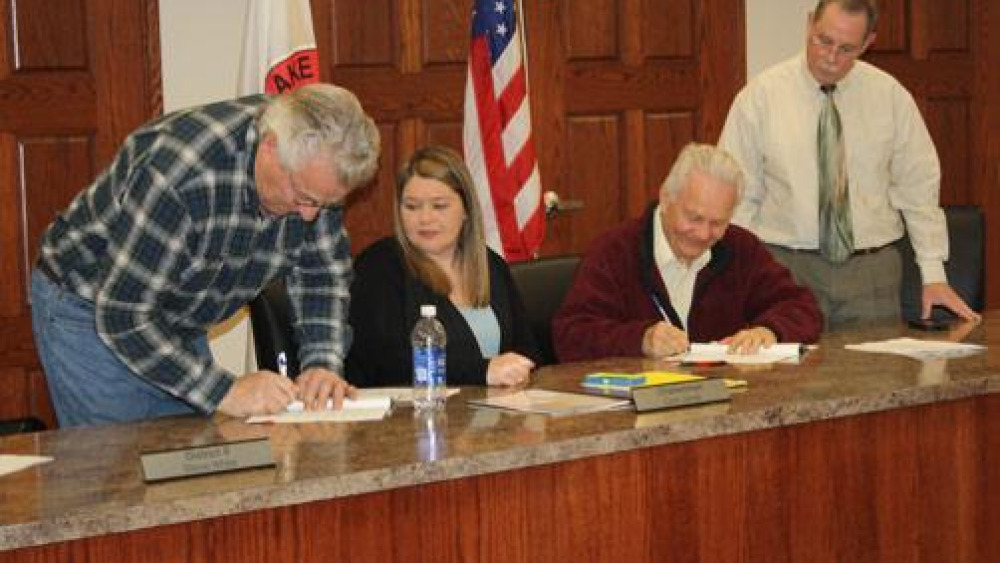
Cass County Board, Leech Lake Tribal Council hold productive joint discussions, first in three-plus years
A wide-ranging conversation between Leech Lake Tribal Council and Cass County Board of Commissioners, held Friday at the new Leech Lake Government Center in Cass Lake, concluded with the signing of a Memorandum of Understanding (MOU) between the two governmental units. The MOU is designed to…
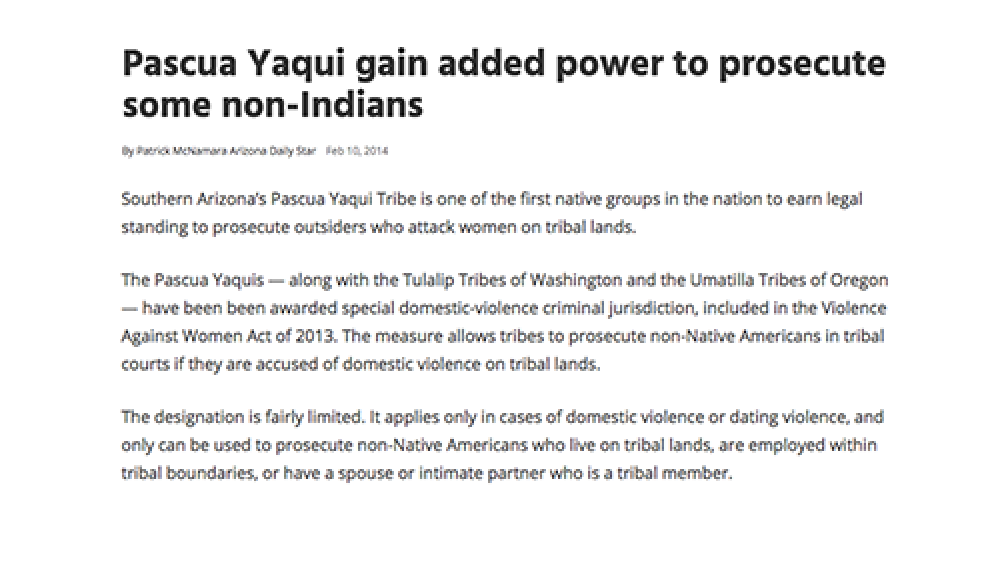
Pascua Yaqui gain added power to prosecute some non-Indians
Southern Arizona’s Pascua Yaqui Tribe is one of the first Native nations in the country to earn legal standing to prosecute outsiders who attack women on tribal lands. The Pascua Yaquis – along with the Tulalip Tribes of Washington and the Umatilla Tribes of Oregon – have been been awarded special…
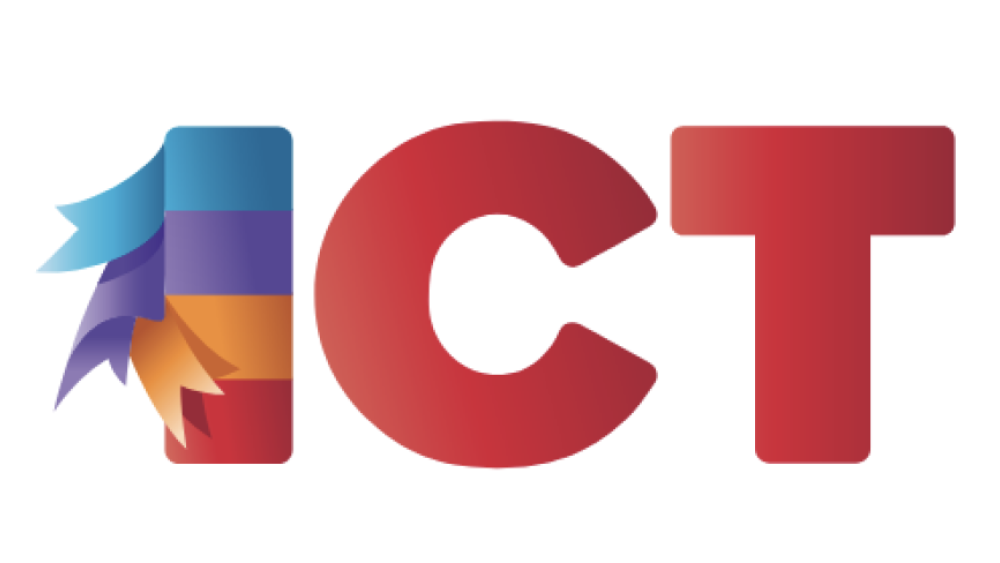
Indian Nations Are Still Fighting the U.S. Cavalry
Throughout the 19th Century the U.S. Cavalry perpetrated the genocide of Indian People. Today’s Cavalry–federal, state and local police–are no longer committed to extermination. But American cops’ flagrant disregard for tribal self-governance when carrying out law enforcement activities on Indian…
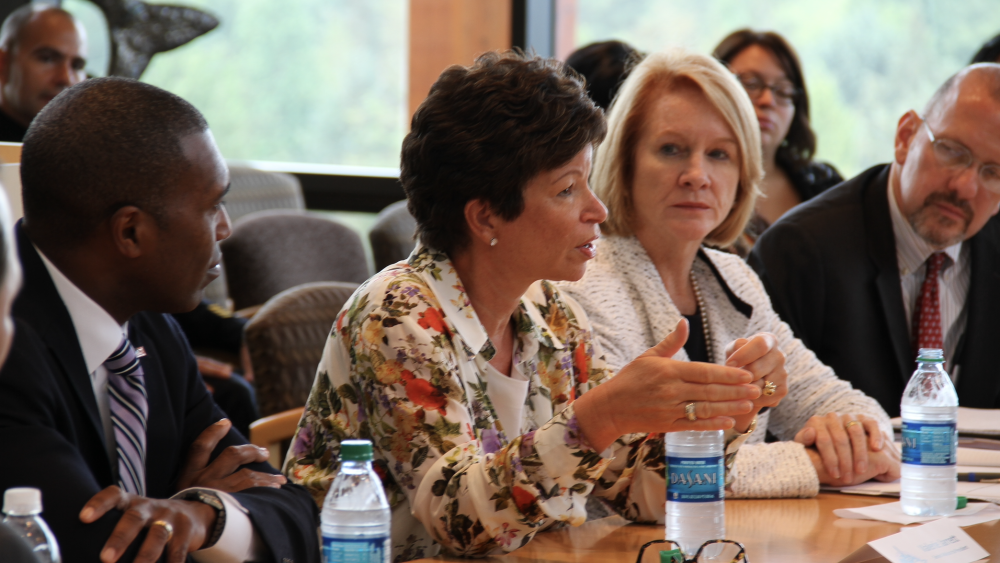
Health, Innovation and the Promise of VAWA 2013 in Indian Country
Yesterday morning, we made our way north from Seattle, past gorgeous waterways, and lush greenery to visit with the Tulalip Tribes of western Washington, where we were greeted by Tribal Chairman Mel Sheldon, Vice Chairwoman Deb Parker, and Chief Judge Theresa Pouley. We saw first-hand, a tribal…

How to Protect Tribal Lands From Our Deadliest Enemies
In 2001, the U.S. Supreme Court dealt a severe below to Indian sovereignty when it decided Nevada v. Hicks, suggesting to states and counties that when their cops are investigating off-reservation crimes, they need not obtain tribal court warrants to conduct searches or arrests on tribal land. The…
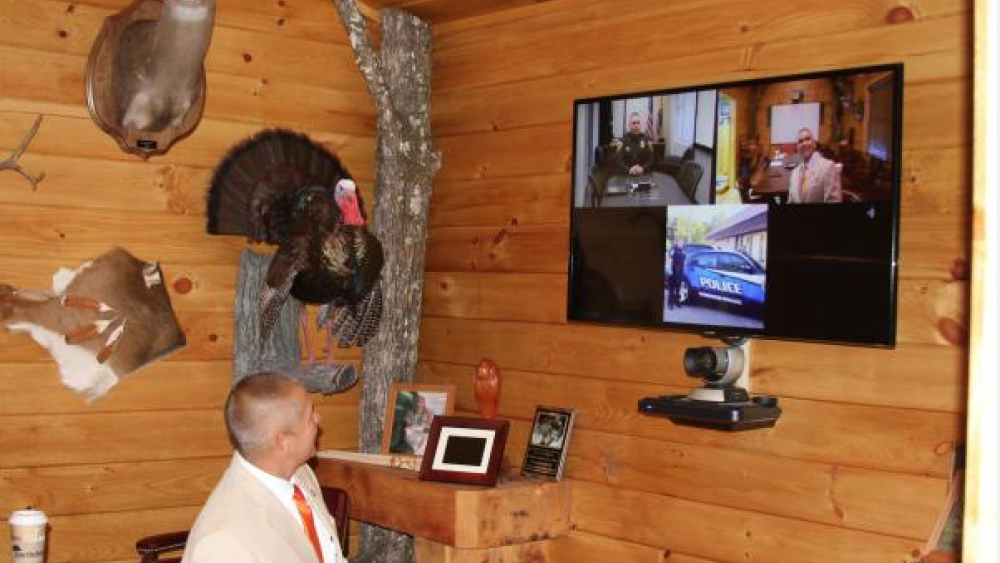
Face Time: Video Conferencing App Improves Business Relations for Eastern Band of Cherokees
Many employees of the Eastern Band of Cherokee Indians who tote tribal issued mobile devices are–or will be soon–getting more face time in with a video conferencing application. The Eastern Band, which employs about 1,100 workers, began its deployment of ClearSea, a high-definition video…
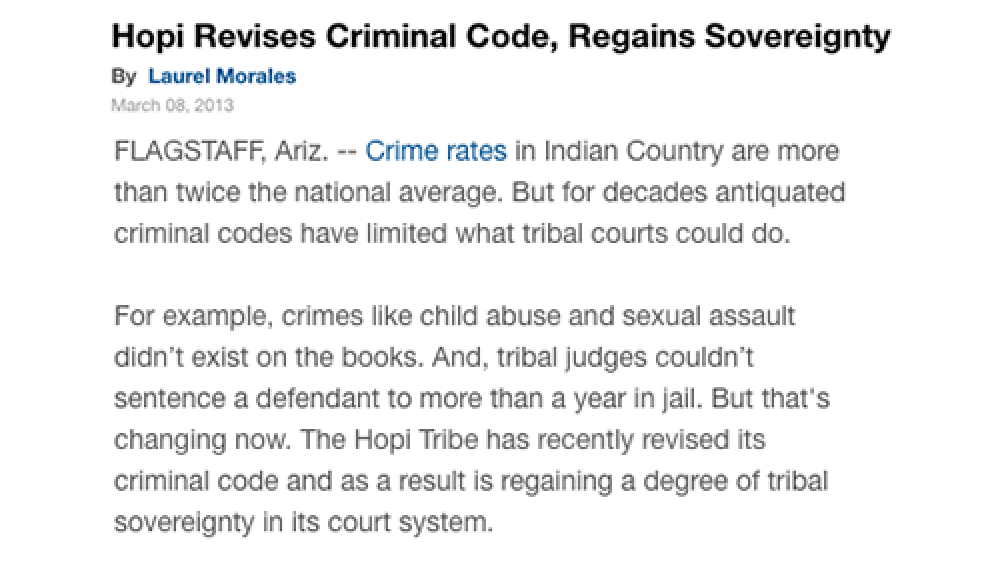
Hopi Revises Criminal Code, Regains Sovereignty
Crime rates in Indian Country are more than twice the national average. But for decades antiquated criminal codes have limited what tribal courts could do. For example, crimes like child abuse and sexual assault didn’t exist on the books. And, tribal judges couldn’t sentence a defendant to more…
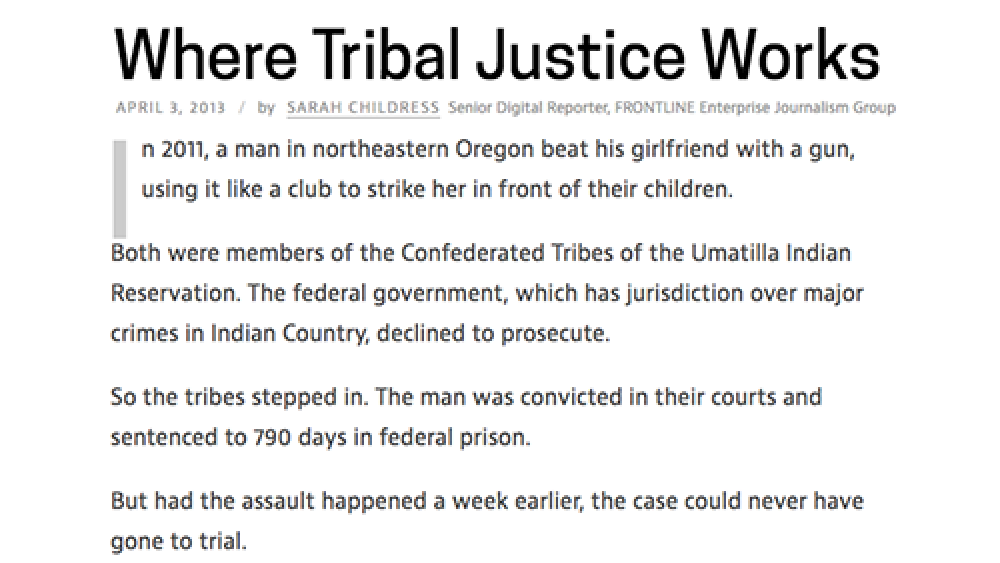
Where Tribal Justice Works
In 2011, a man in northeastern Oregon beat his girlfriend with a gun, using it like a club to strike her in front of their children. Both were members of the Confederated Tribes of the Umatilla Indian Reservation. The federal government, which has jurisdiction over major crimes in Indian Country,…
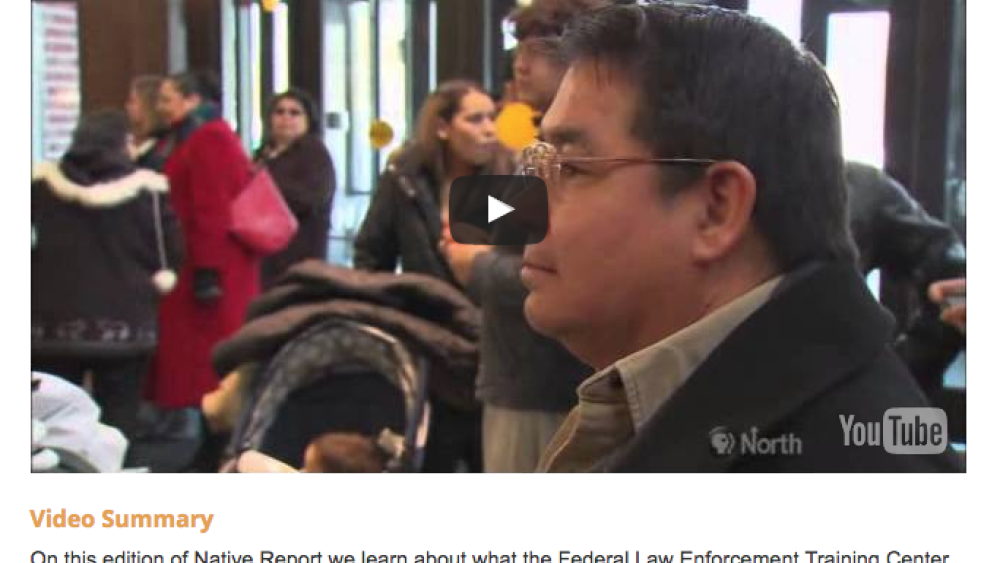
Native Report: Season 6: Episode 7
On this edition of Native Report we learn about what the Federal Law Enforcement Training Center is and why it's important to native people. We travel to the Bois Forte Band of Chippewa to learn about why a State of the Band Address matters to the people of the community and their neighbors; and we…
